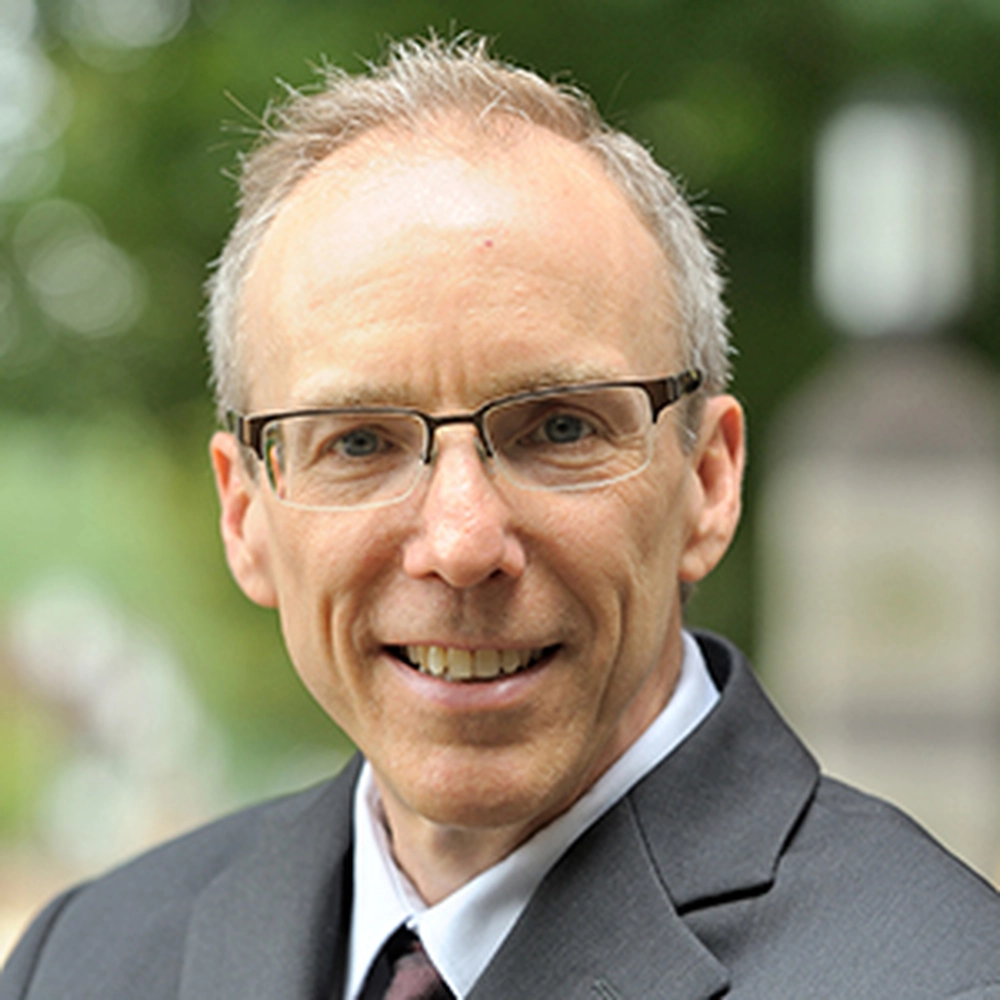
The Center for Advanced Study has appointed Professor Jeffrey Moore, the Stanley O. Ikenberry Endowed Chair in the Department of Chemistry, to the center's permanent faculty.
CAS professors are selected based on their outstanding scholarship, and the appointments are one of the highest forms of campus recognition at the University of Illinois, Urbana-Champaign.
One of seven professors appointed to CAS in 2020, Moore is also a materials and science engineering professor, Director of the Beckman Institute for Advanced Science and Technology and a Howard Hughes Medical Institute Professor. He joins three other current faculty members in the Department of Chemistry who are CAS professors, department Head Cathy Murphy, previous Head Martin Gruebele and Jonathan Sweedler, who is also director of the School of Chemical Sciences.
Moore and the six other newly-appointed professors join 24 professors with permanent appointments at CAS, which promotes the highest levels of scholarship and discourse, serving as the primary formal venue on campus for various types of scholarly interaction and creative activity across academic disciplines.
The other new CAS professors are Sharon M. Donovan, food science and human nutrition; Harriet Murav, Slavic languages and literatures; Cynthia Oliver, dance; Donald R. Ort, plant biology and crop sciences; Gary Parker, civil and environmental engineering; and Nancy Sottos, materials science and engineering.
CAS professors deliver the annual lecture, serve on the committee that selects the center’s associates and fellows each year and are called upon for advice on matters related to the center. Deans, directors, department heads and current CAS professors submit nominations of the campus’s most productive faculty members for permanent appointment to the center. For science faculty members, election to the relevant national academy is a criterion for appointment as a CAS professor.
Moore’s lab is studying the intersection between chemistry and mechanics, testing the “mechanophore hypothesis,” which states that force drives chemical change in selective and productive ways. The goal is to invent materials that have new functionality, such as the ability to repair themselves when damaged. He is a member of the National Academy of Sciences and has published more than 400 articles covering topics from technology in the classroom to self-healing polymers, mechanoresponsive materials and shape-persistent macrocycles.
Read about Moore's work to improve the technique of frontal polymerization, where a small amount of heat triggers a moving reaction wave that produces a polymeric material. The new method enables a wider range of materials with better control over their thermal and mechanical properties.